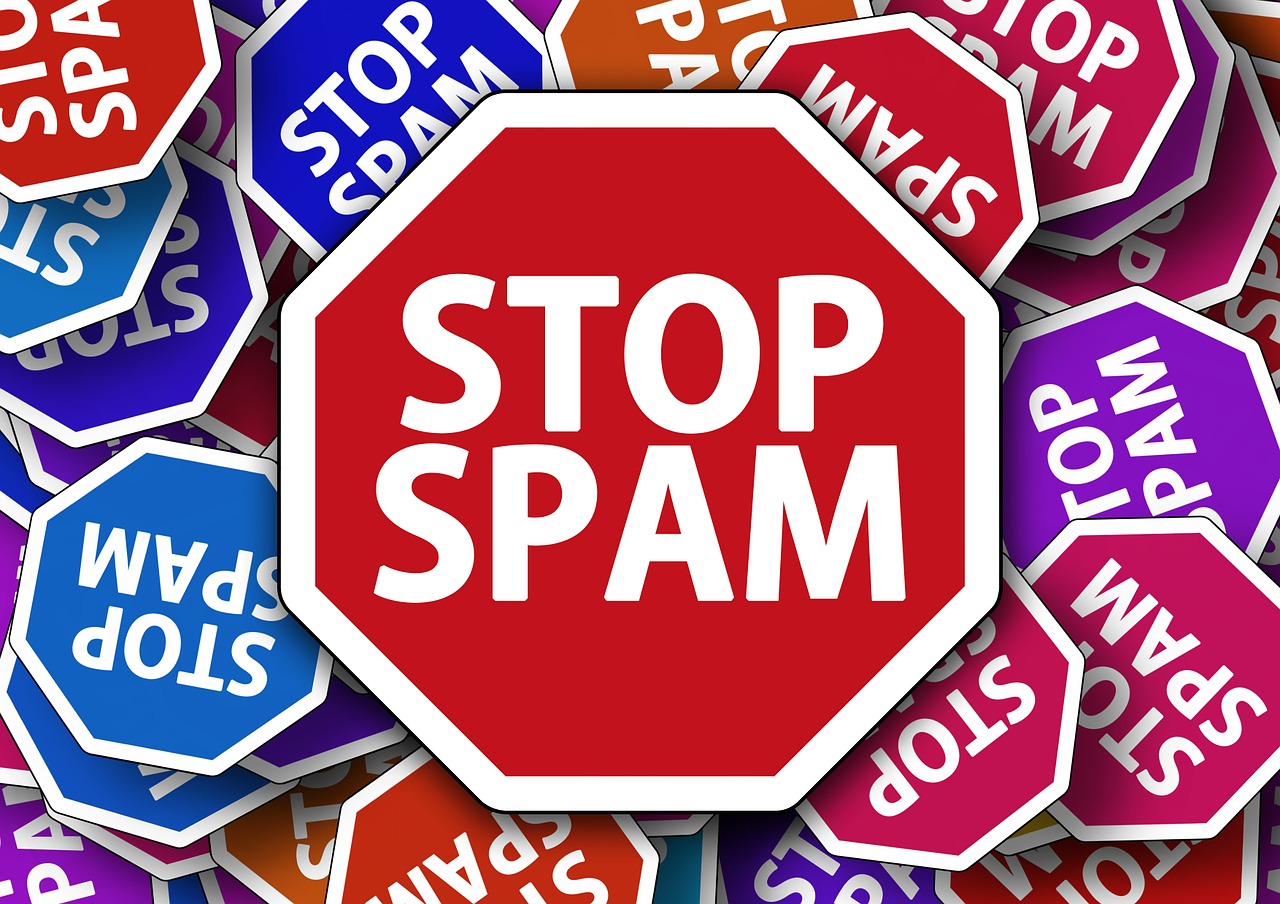As the name suggests SEO spamming refers to the unethical practice of using your site's popularity/rankings for providing SEO benefits to the external, unrelated businesses without your knowledge.
Hackers exploit the vulnerabilities of your site to gain unofficial access and then “engineer” the SEO specific fields like Meta Data, Keywords, Links, etc. to promote their own products/services which are usually illegal or of low quality.
These SEO elements generally don’t show on the front end website but are accessible (and of great value) to the search engine bots (like Metadata/description). These bots play an important role in analyzing the relevance and showing (and to some extent ranking) specific sites that match a search query.
You and your visitor won’t notice the spam while it silently sabotages your online reputation by ranking low quality, illegal and unrelated products/services piggybacking on your site’s popularity/ranking.
For instance by injecting the keyword “ABC nulled themes” in the keyword description of your site’s source, your site will start ranking high on nulled themes keyword sending a wrong message to the visitors that you deal with in nulled themes (even if you are selling the genuine themes).
Moreover, they can also insert the links to the related sites (for instance ABC nulled themes site) that will take the visitors to the targeted site. So, in short, piggybacking on your brand reputations and site ranking the SEO spammers route the visitors to their low-quality spammy links/illegal sites.
There are various ways in which SEO spammers can use your site's ranking/popularity for the SEO benefit of external sites. Here are a few of them:

Inserting unrelated and external keywords
Using Black Hat SEO techniques the SEO spammers stuff your site with their keywords in the sections that are only visible to the search engine bots. It will bring your site on the SERPs when someone searches for those keywords on a search engine

Injecting Spam Links on your site
By injecting malicious external links on your site the spammers can redirect the visitors to the website they want to rank. Besides they can also hide the desired links under your general clickable content. When users click the infected content they are redirected to the external website that spammers want them to visit. This technique is also known as clickjacking.

New Page(s) Creation
The smarter hackers can even go deeper into your site admin ecosystem and build entirely new pages that are specially designed to deceive the search engines and offering undue benefits to the related external websites using your digital property as a launchpad. For maximum impact, they can create numerous web pages.

Sending Spam Emails to your subscribers
If they are successful in getting access to the customer database it enables them to deceive your customers using your official business email ID. The spammers send emails to promote the illegal and own quality products/services.
When your customers click the links in the mail they are directed to third party products and services which disappoint them and they stop trusting you. They would simply unsubscribe from your email list or instruct their mail provider to automatically send your emails to the spam folder. It can greatly hurt your email marketing program and effectively reduce your subscribers/customers’ base.

Spamming your ads and banners
By taking control over your pop-ups, banners, CTAs and ads the spammers can also misuse them as a means to promote their illegal content products and services. It not only damage your reputation also wastes a huge chunk of your time and resources spent on advertising and marketing activities.
Conclusion
SEO spamming refers to the malpractices of hacking WordPress sites and using them to unethically help the unrelated external sites rank higher (generally the ones selling illegal or low-quality services/products). The hackers change the SEO specific sections of your site by injecting their on keywords, links and other SEO elements to help those (external) sites piggyback on your site’s reputations/SEO efforts to rank higher. In this post, we have mentioned various ways in which SEO spamming affects your site.

